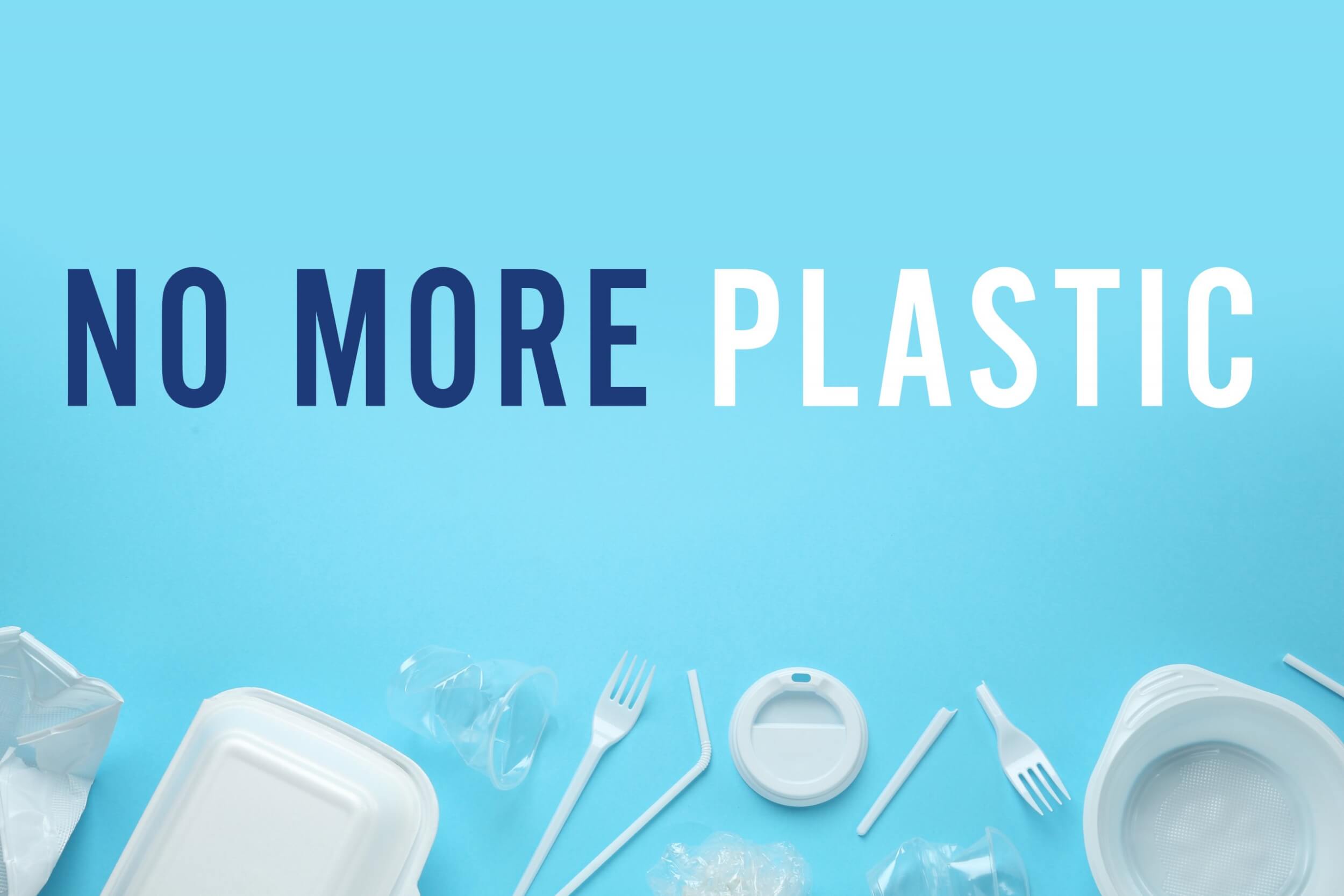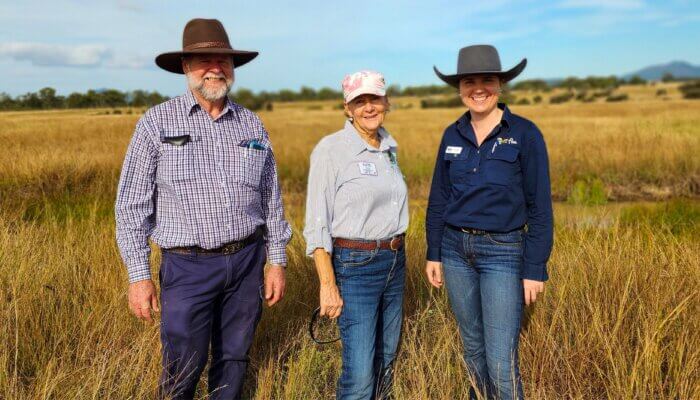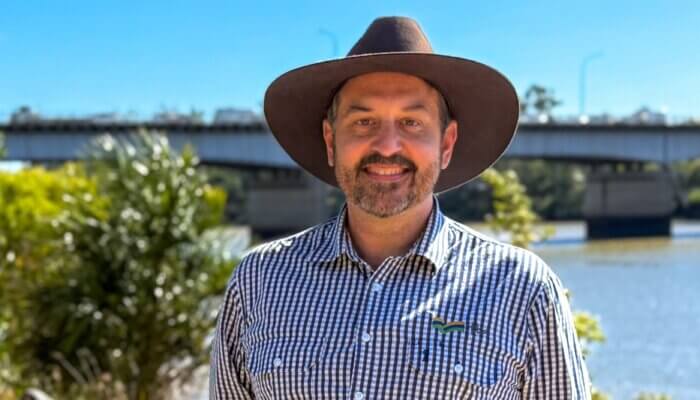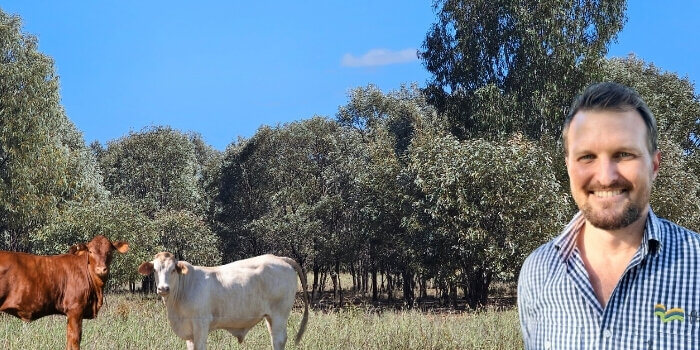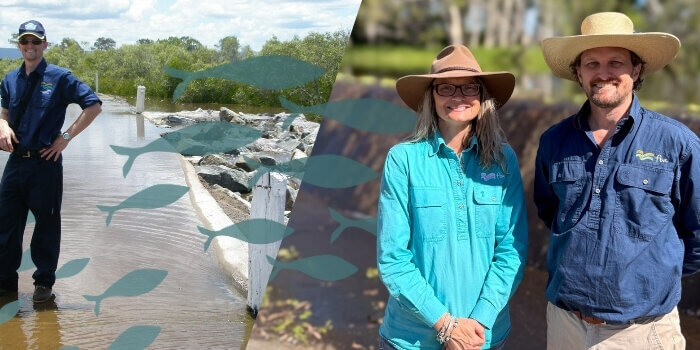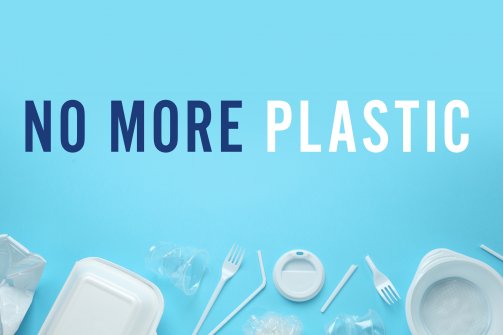
Plastic ban Springs into action.
Posted on August 5th, 2021
Half of all plastic produced in the world is designed to be used only once and, thrown away.
If that’s not bad enough, where does the other half of that plastic go to? Well, into the oceans, landfill, and roadside litter for starters.
That’s why there’s a nationwide goal to phase out problematic and unnecessary plastic by 2025 and it all starts in Spring on September 1, 2021.
Single-use plastic items will be banned in less than a month so things like straws, cutlery, plates, bowls, polystyrene containers, and cups will all be phased out but rather than wait until 2025 – Plastic Free CQ wants you to stop right now.
Fitzroy Basin Association (FBA) collects samples of ocean bound rubbish from specially designed storm water traps. The litter traps are located around central Queensland and the majority of the rubbished collected and analysed over the last three years is single use plastics and cigarette butts.
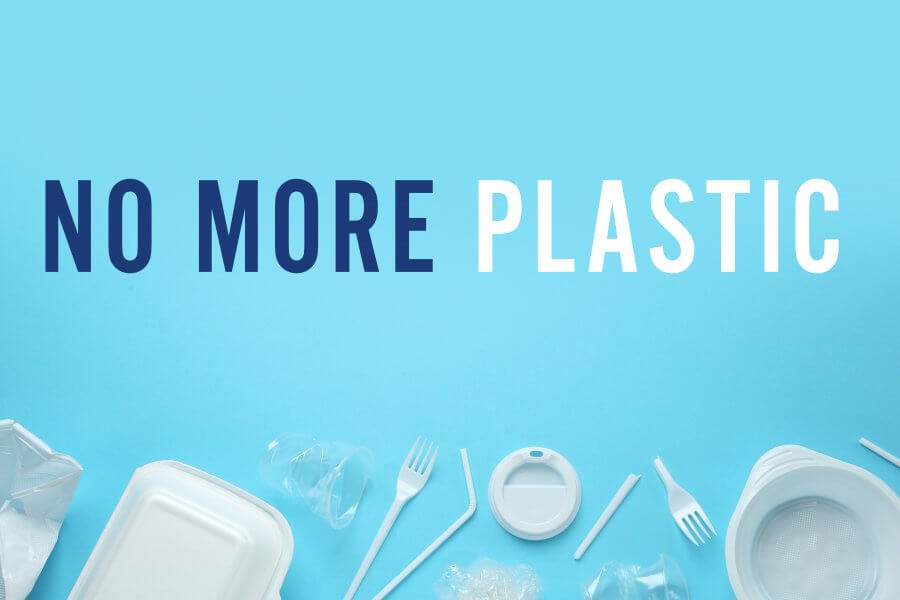
FBA is right behind the efforts of Plastic Free CQ in their bid to get more organisations on board to get rid of single use plastics. Coordinator or Plastic Free CQ Jo Stoyel has been working tirelessly meeting with restaurants, clubs, pubs, community groups and councils to educate them about the ban and what alternatives they have for single use plastics in the lead up to 1 September.
Ms Stoyel suggests, “avoid, reuse or switch now to sustainable-certified compostable alternatives. There are alternative options to all the items scheduled to be banned. Always check with your supplier about non-plastic items, do they contain plastic? If they do, they must be compostable certified to the Australian Standard.”
Mark Hamann, professor of marine biology at James Cook University in Townsville, said the collaborative study found young turtles were more likely than older turtles to ingest microplastics while travelling through waters such as the East Australian Current.
“Once they head off from the nesting beach in Australia, they move quickly out into these off-shore oceanic currents,” he said. (Source: ABC North Qld / By Mia Knight)
To help our marine turtles and other ocean wildlife, the plastic free ban is part of Queensland’s plan to tackle plastic pollution and follows strong support from the community, retailers, and industry organisations.
For more information on going plastic free locally, contact Jo Stoyel for Plastic Free central Queensland E: jo@plasticfreecq.org W: https://www.plasticfreecq.org/





